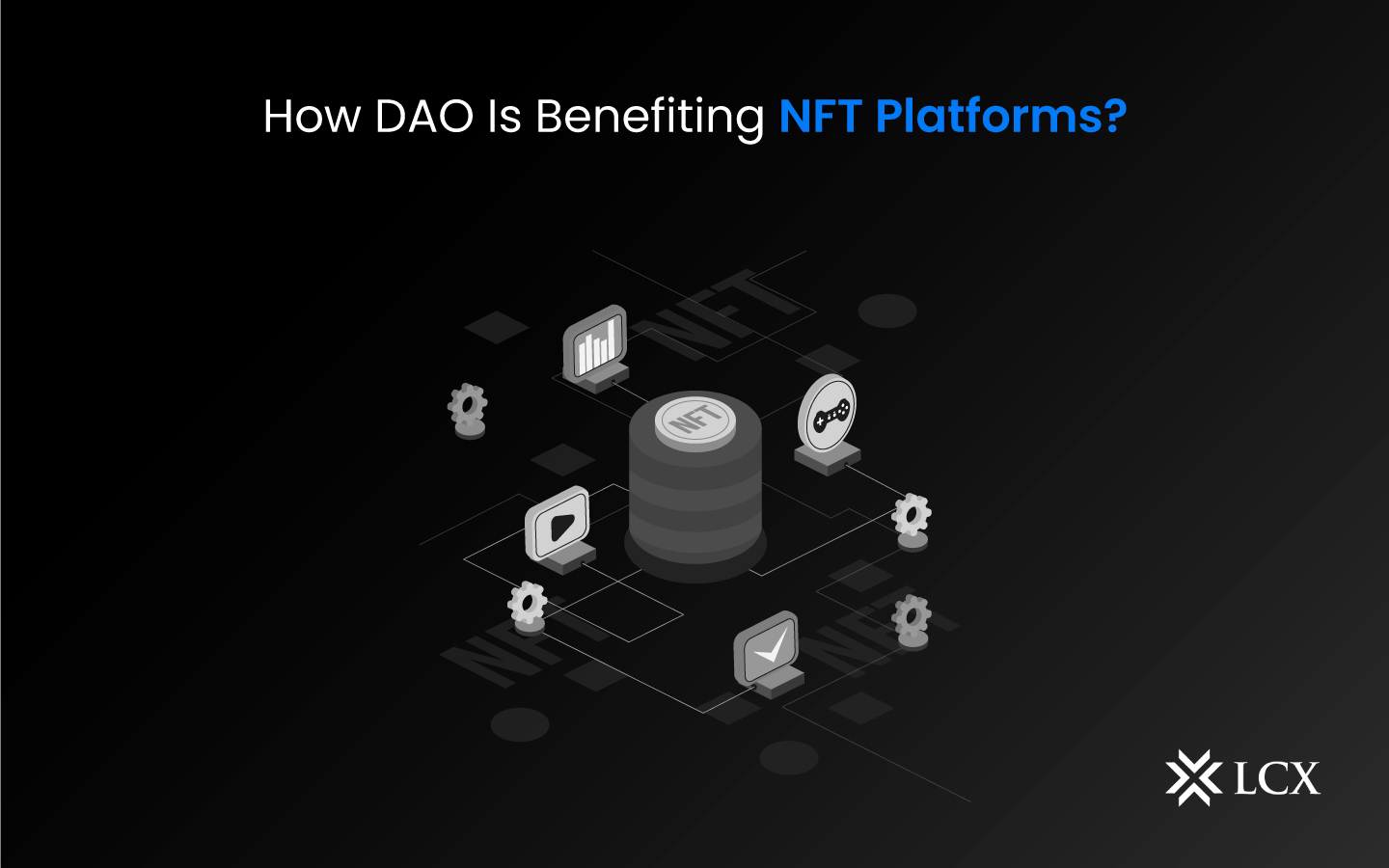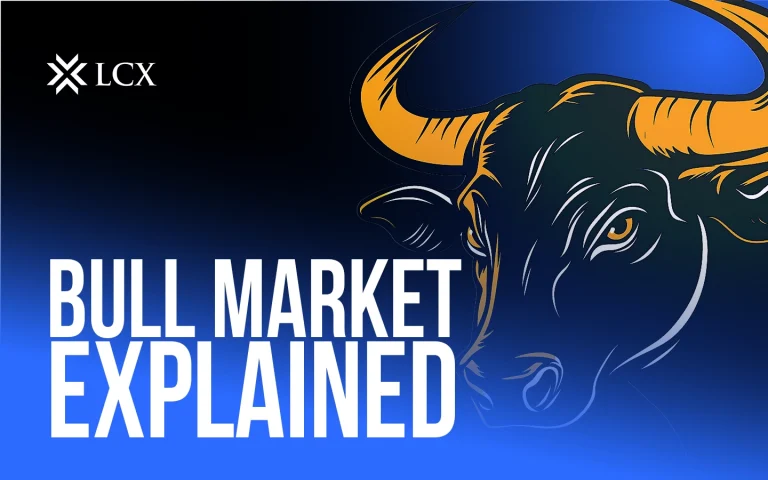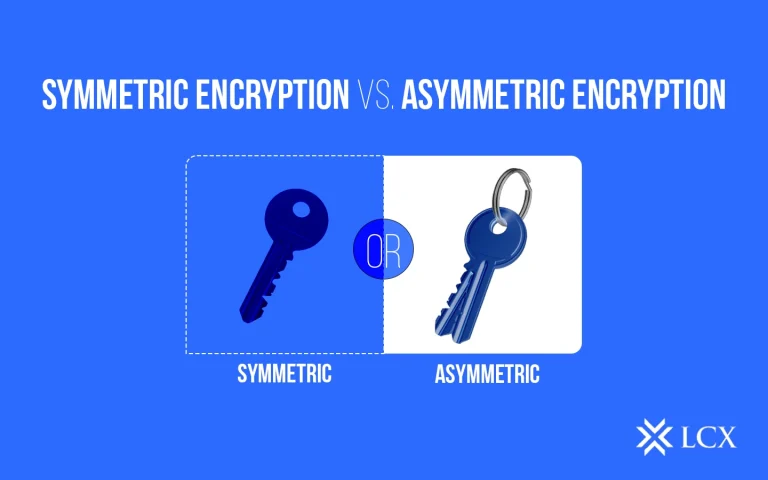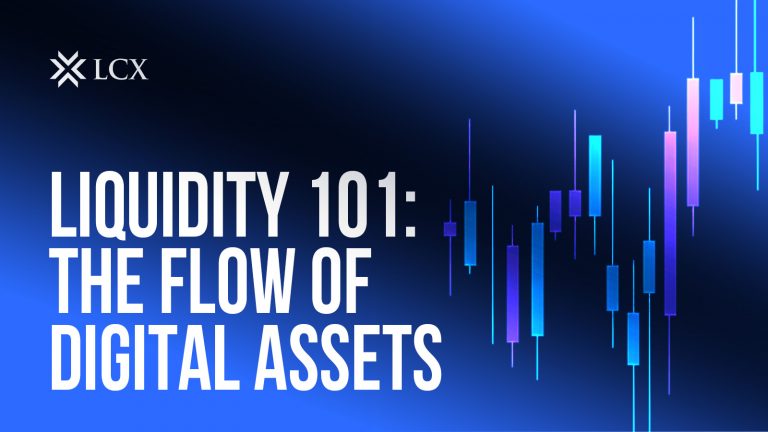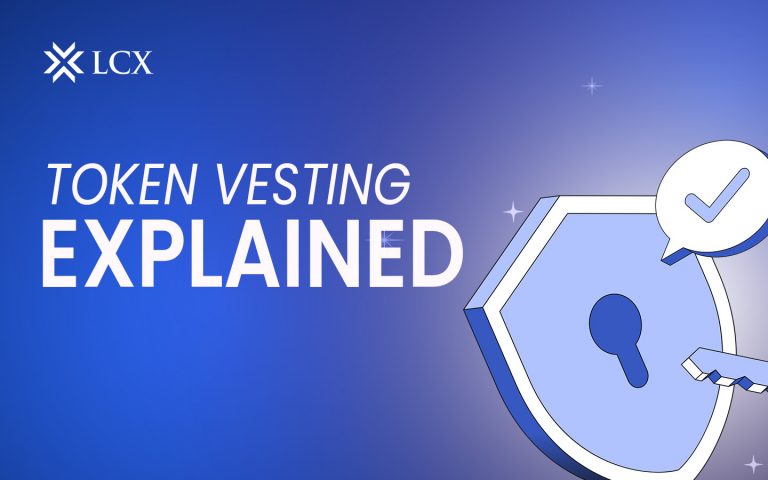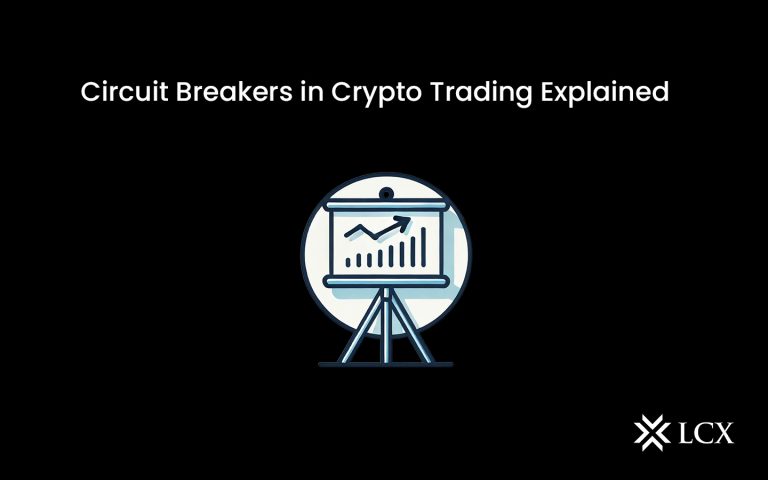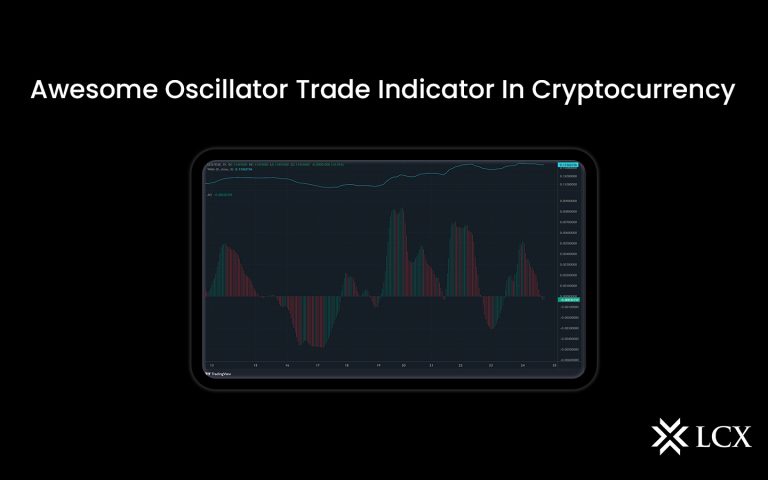NFTs have progressed significantly since their inception. More than 1 million crypto users have purchased or sold NFTs as of May 2022, and the global NFT market is projected to grow from $3 billion in 2022 to $13.6 billion in 2027. Alongside the widespread adoption of NFTs, other blockchain technologies, namely Decentralised Autonomous Organisations (DAOs), are gaining popularity in the digital domain by contributing to NFT platforms.
DAOs and NFTs
DAOs substitute traditional corporate structures with decentralized structures owned by the community. Although they are still in their early stages, they are gaining prominence and will ultimately add value to NFT platforms in many ways and promote the Web3 vision of returning network value to its users.
DAOs are blockchain-powered, digital-native, community-led organizations in which members vote on the entity’s direction and vision. For both crypto-curious and natives, a DAO’s utility is its ability to facilitate Web3’s goal of democratizing the creator economy through more immediate and open connections between networks and particular projects. They are swapping traditional institutions for governance models that are more adaptable and configurable than the rights granted to the shareholders of a vast organization.
In addition, authority and ownership are viewed as being more democratic, comparable to a cooperative organization. Each proprietor within a DAO is granted voting rights via a “governance” token with a completely transparent foundation code, meaning that no one is in charge of the community and decisions are therefore made more quickly and efficiently. The creators of an NFT and community members can decide collectively on the future development of an NFT project and influence the company’s direction by giving their vote in a secure and transparent way.
What Potential Benefits Do DAO-Enabled NFT Platforms Offer Users?
Ownership Advantages
It functions as an instrument for taking decisions on an NFT platform. While there are numerous types of NFT platforms, multiplayer game-based platforms continue to increase in popularity. This is how DAO participation increases the utility of a gaming NFT platform for its users.
- With DAOs, users have the ability to evaluate content moderation, asset management, and auction policies.
- It comprises smart contracts and digital assets (NFTs) in order to offer independence, thereby removing the notion of a CEO and control on any NFT platform.
- Users have the option to stake their NFT and native tokens in the dApp in order to earn rewards.
- Even when their NFTs have been staked or contributed to the liquidity pool, users retain full control over them.
Voting Rights
The governance model and management laws separate these platforms from standard platforms, which share similar features.
DAO-enabled NFT platforms rely on members’ votes to issue grants and modify the platform’s existing laws and regulations. It enables every user to participate in processes of decision-making and determine prospective community policies through transparent and decentralized decision-making.
Profits and Rewards
The enthusiasm for gaming-based NFT platforms keeps growing since these platforms are innovative and offer numerous possibilities for earnings to their users. DAO enables users of the NFT platform to propose opportunities, such as NFT staking. NFT staking enables NFT holders to generate passive revenue by enabling them to gain access to their NFTs and stake them in liquidity pools without transferring ownership of their NFTs (selling them). Over time, we will discover increasingly creative methods to monetize assets. Platforms for NFT staking are mainstream and are already enabling NFT holders to profit from their monetization techniques.
NFT Battles
Using a decentralized application, the NFT platform provides the “NFT Battles” feature to its users. NFT holders wager their assets against rivals (other NFT holders). Others can stake NFT tokens to support their preferred NFT and earn rewards in NFT tokens and digital assets.
NFT Yield Farming
Users who possess both their NFTs and the platform’s native token may take part in yield farming. To accomplish this, they must propose their suitable assets and directly stake them in the platform’s liquidity pools in order to provide liquidity for the platform and generate rewards. The rewards consist of tokens and a limited number of NFTs. However, not all users who stake their NFTs are entitled to be rewarded with uncommon NFTs; users must first determine their eligibility before staking their NFTs.
Conclusion
DAOs are supposedly the future of employment. As both a concept and a technology, it has the potential to completely change the foundation of an existing business by promoting member-owned communities and eliminating centralized leadership. Recognizing its power and the central prediction made by industry experts, businesses have frequently adapted their infrastructure to match it. It can support an NFT marketplace, a crypto trading platform, and even a metaverse endeavor.
As DAOs and NFTs emerge, we are beginning to observe how they leverage a co-operative organizational structure model and are providing new avenues of participation for those who contribute to NFT platforms. Furthermore, with NFTs providing people with ownership and tangible benefits and offering new entry points, asset and community compatibility is going to keep driving innovation.
